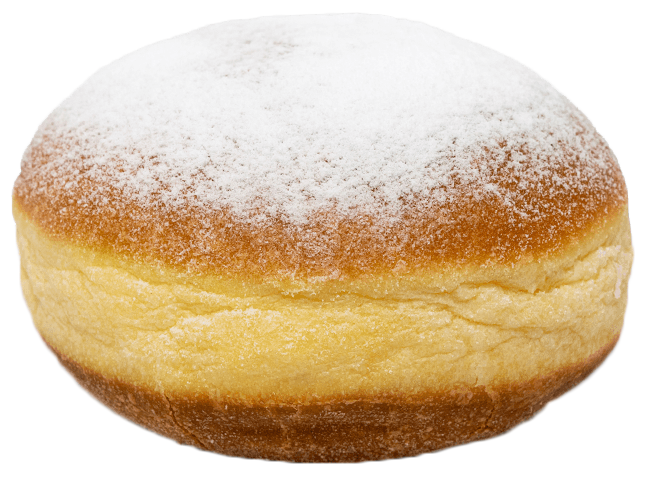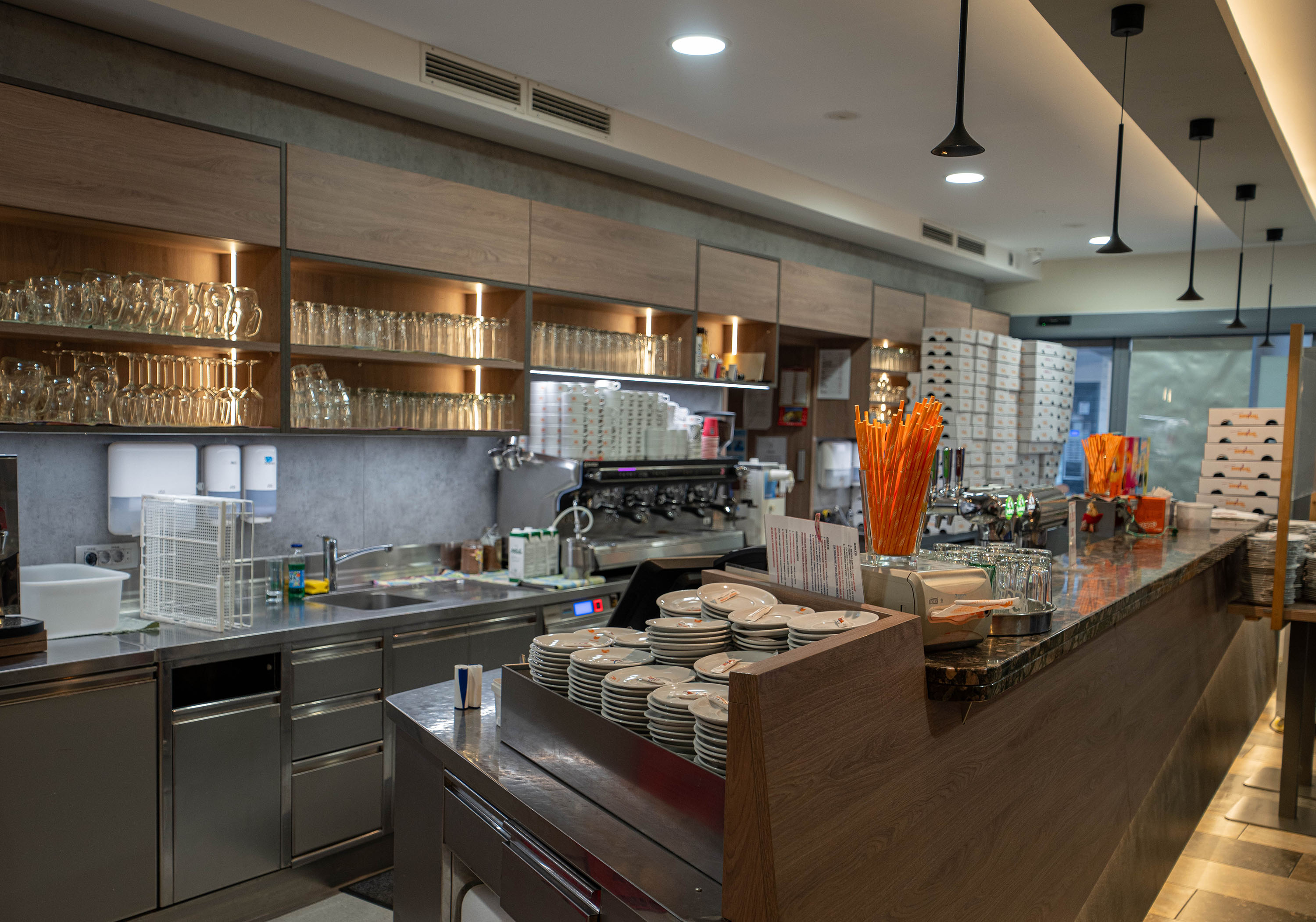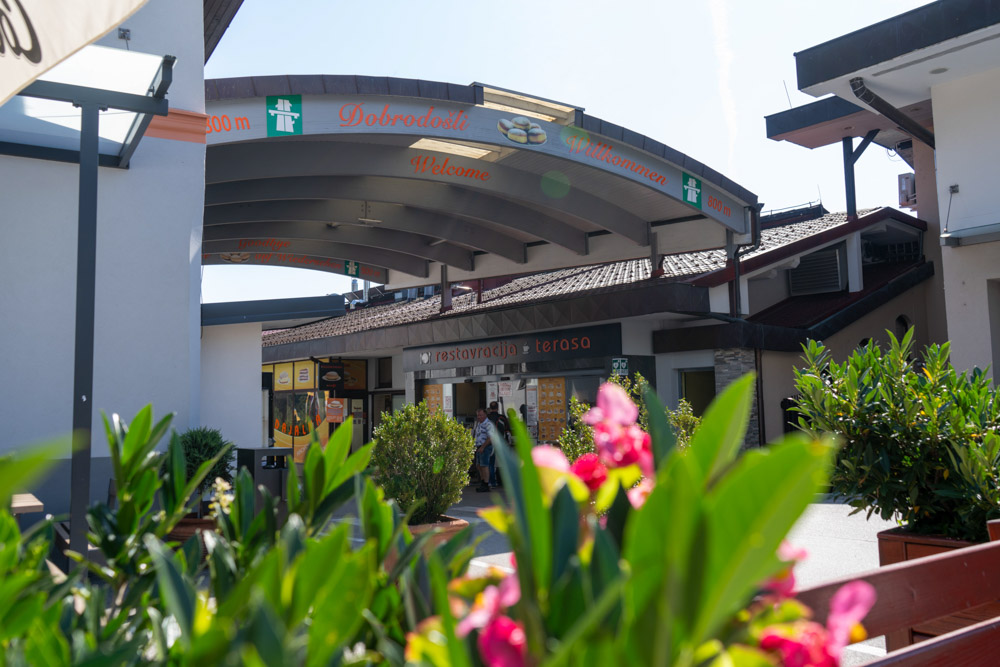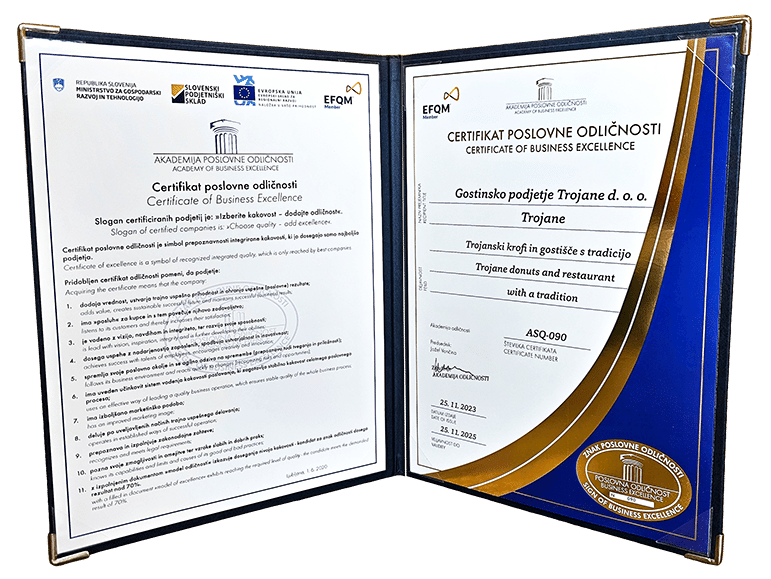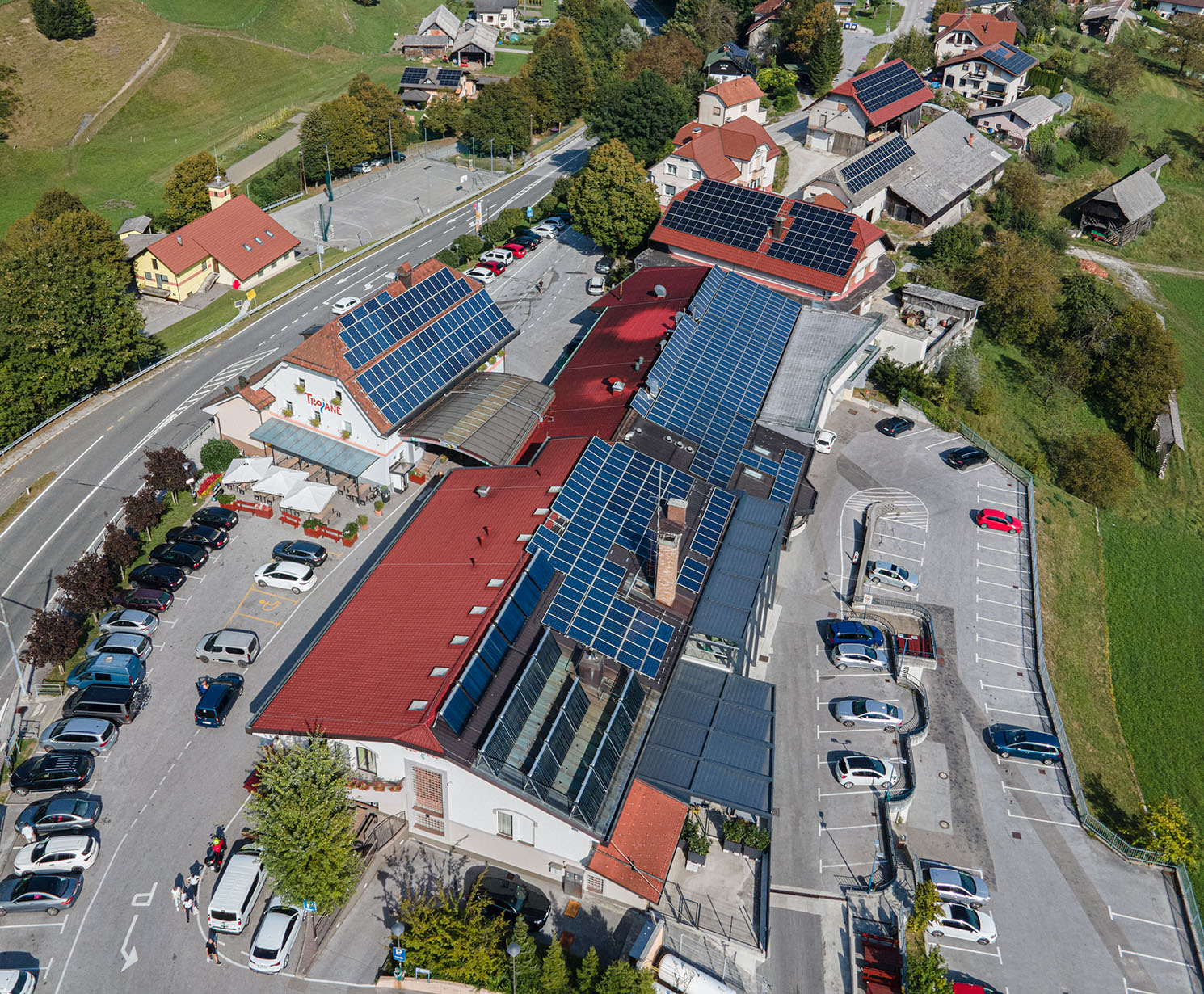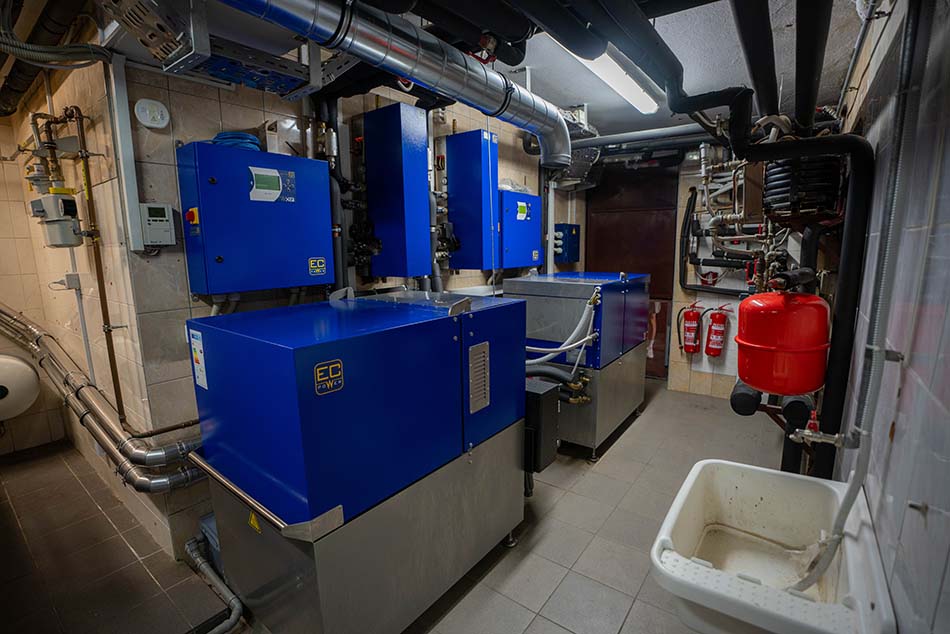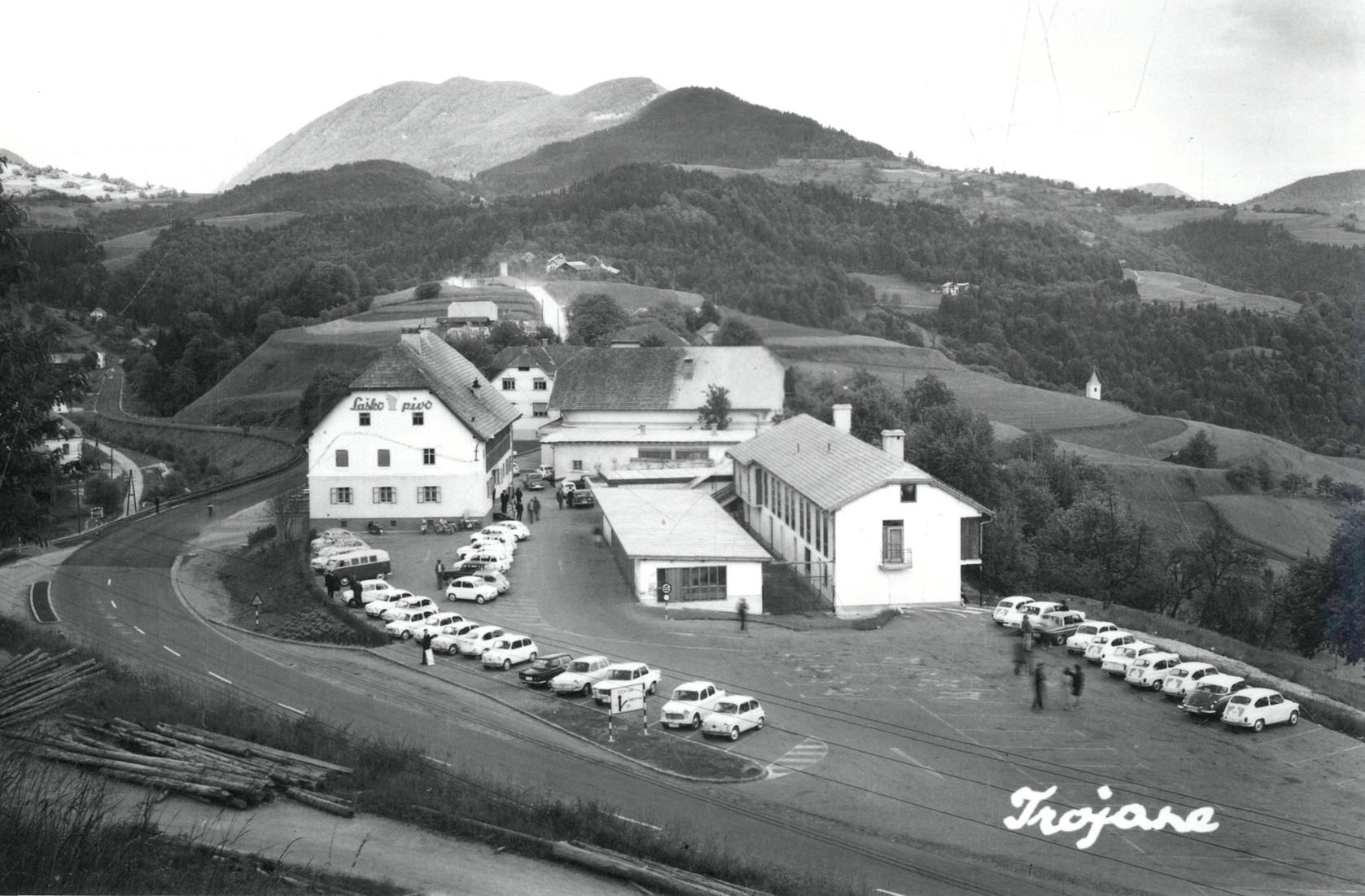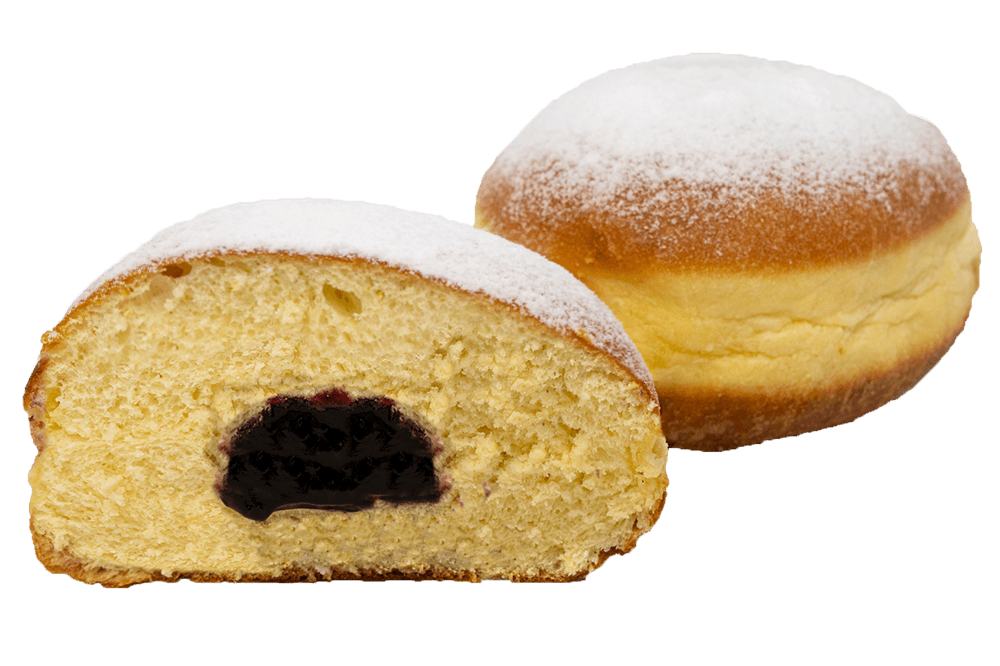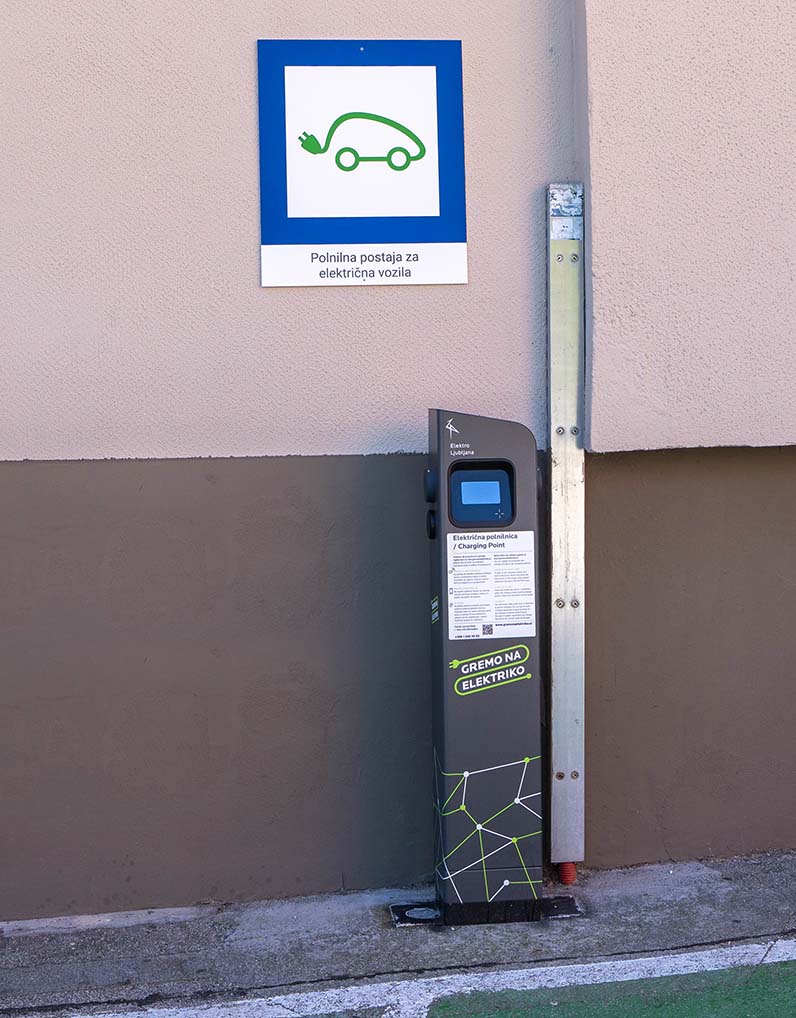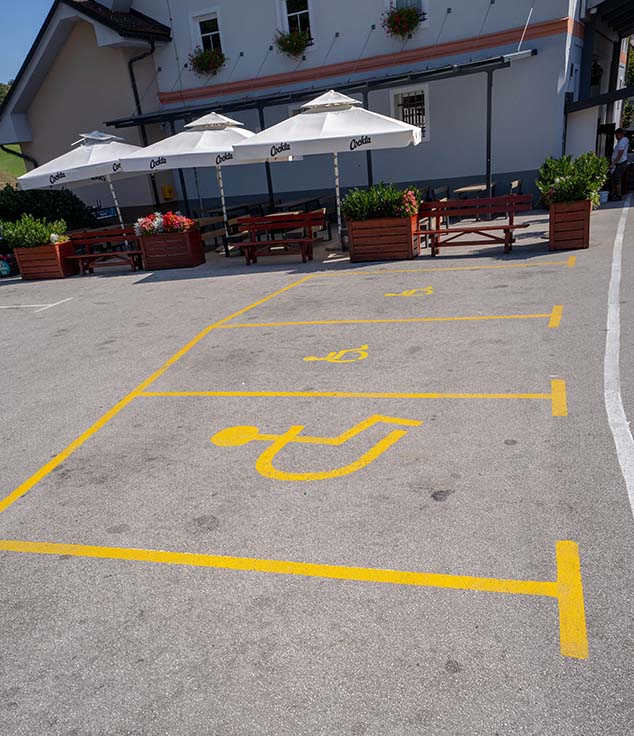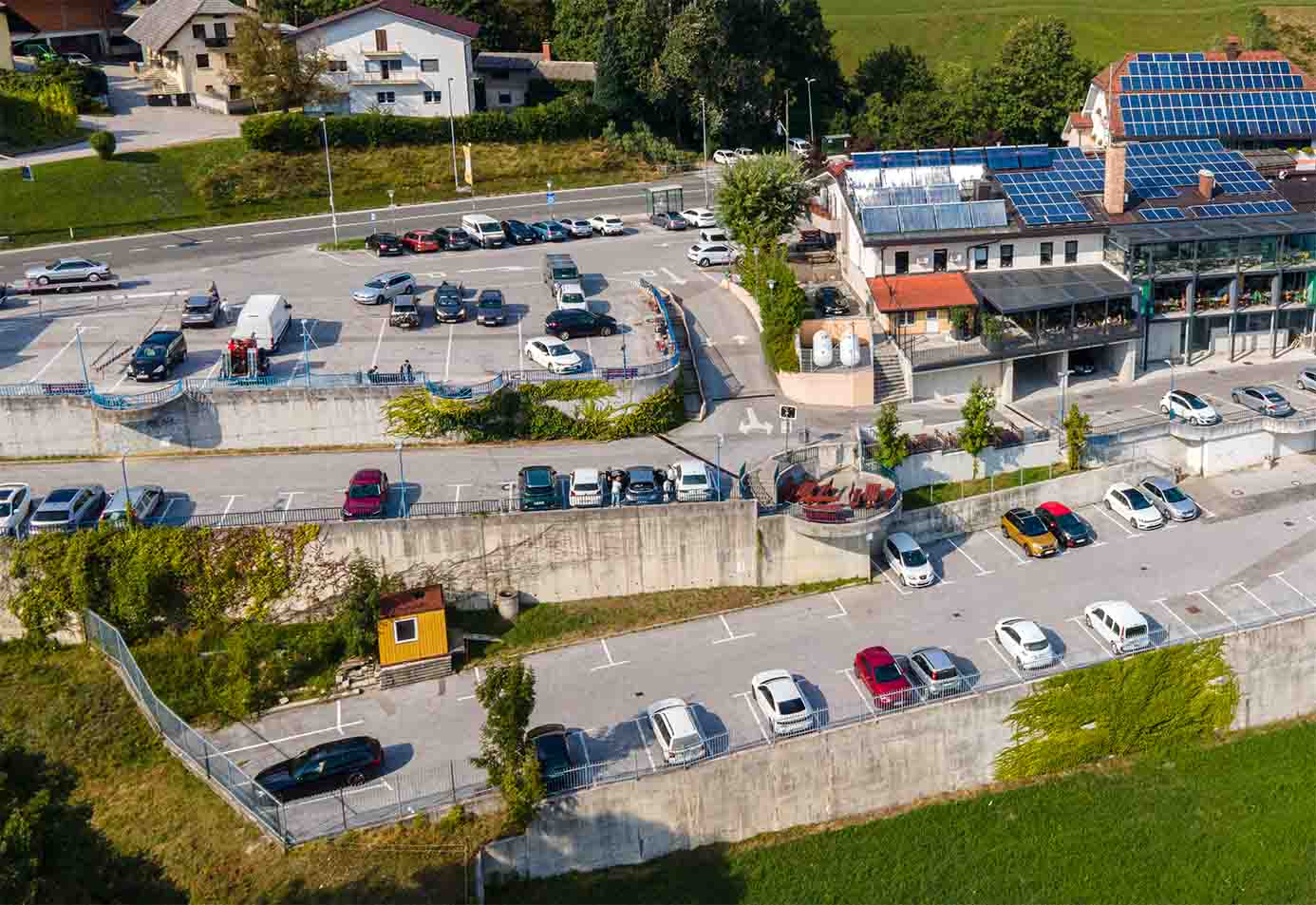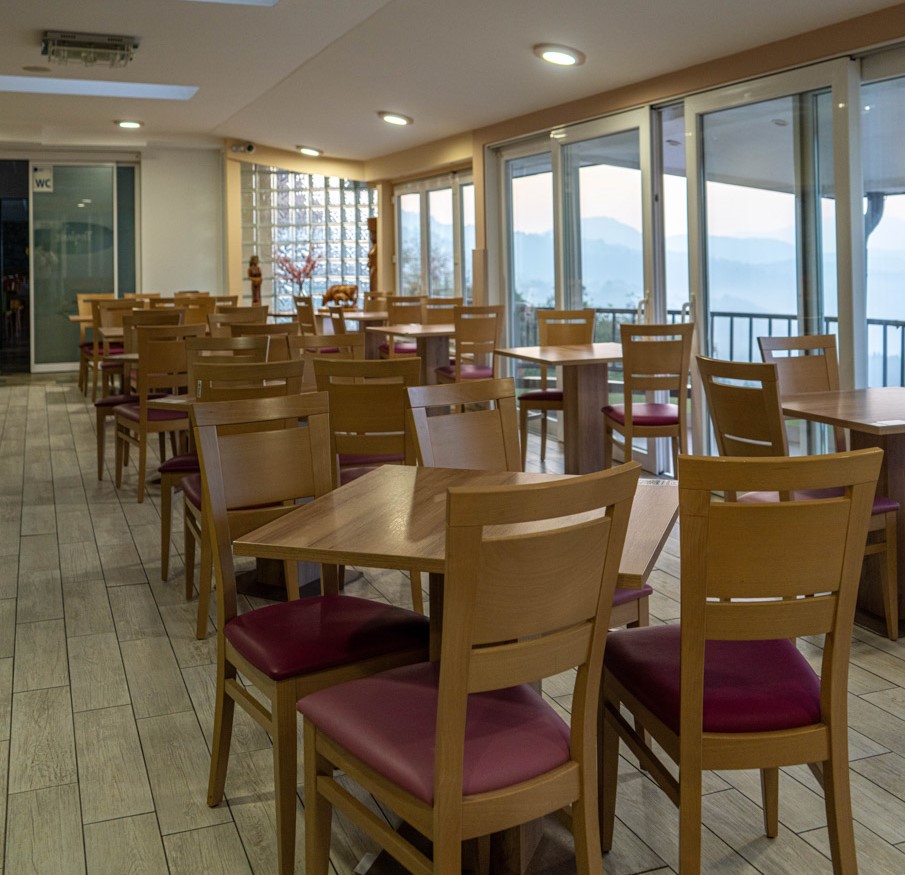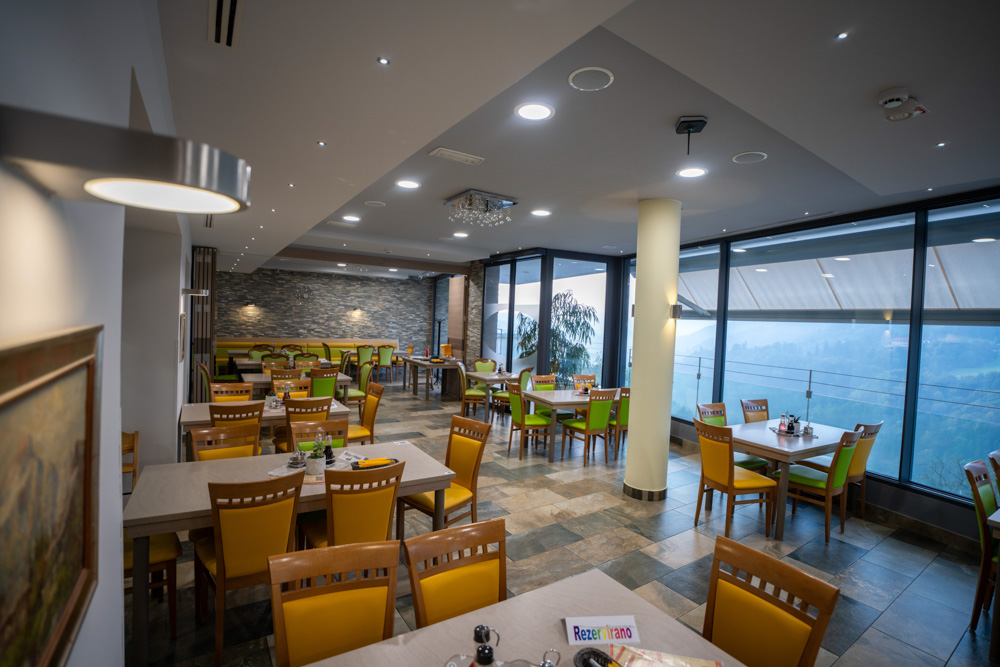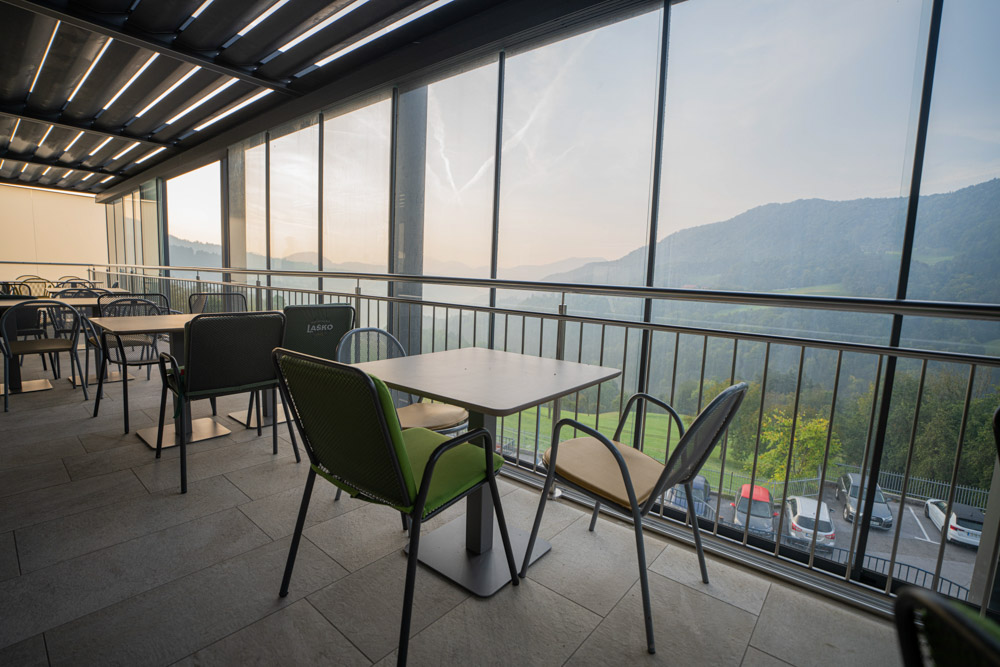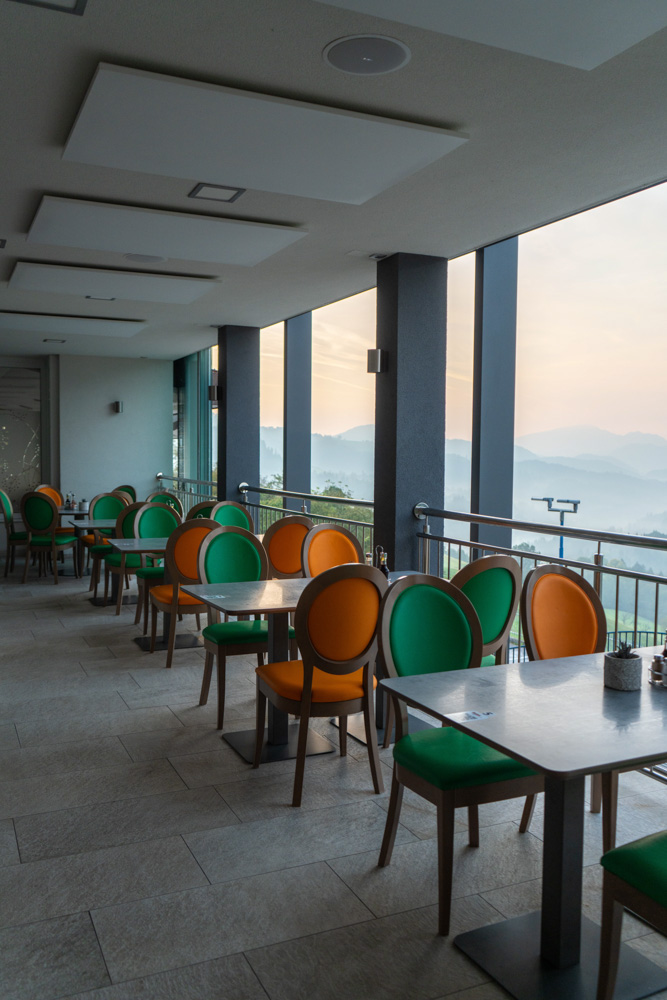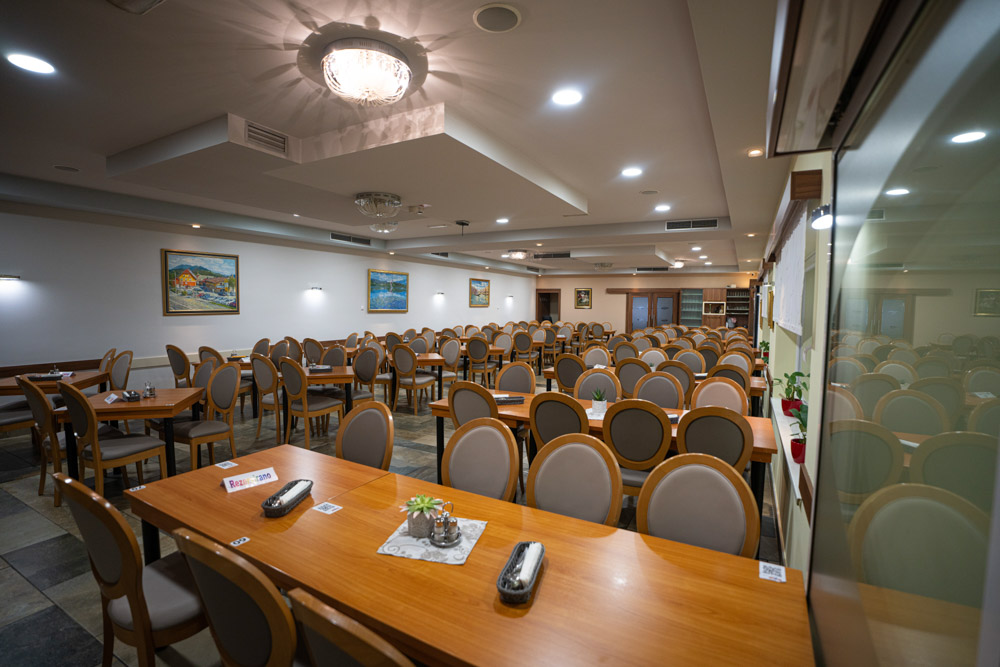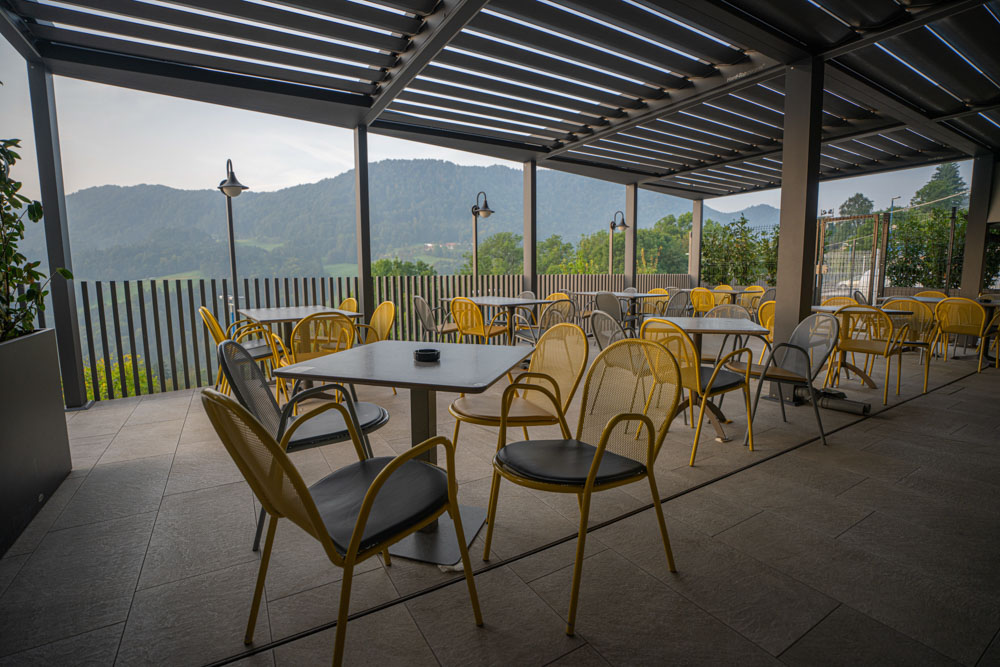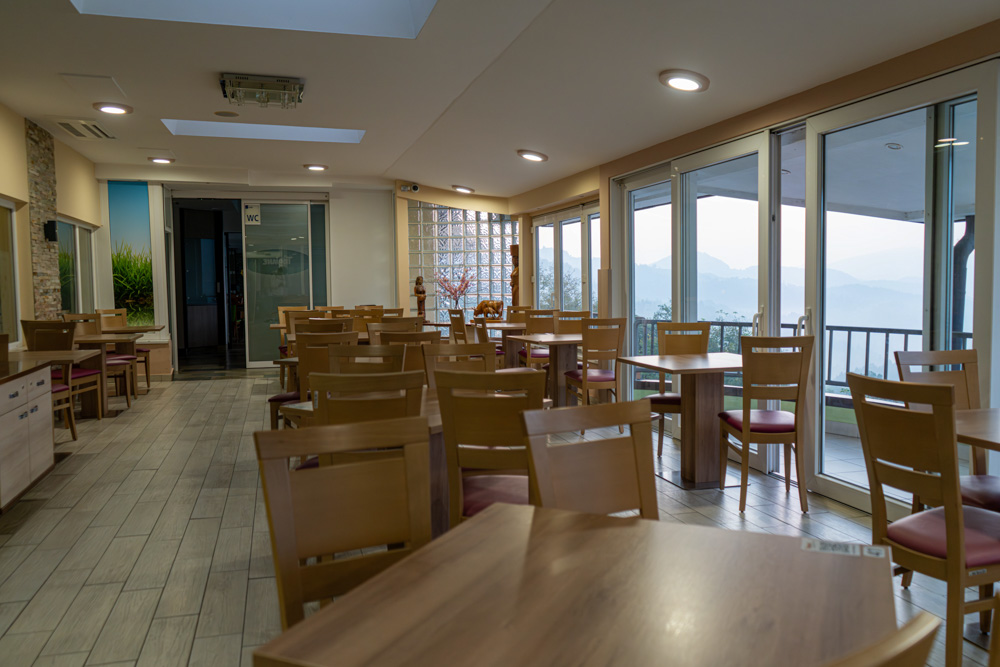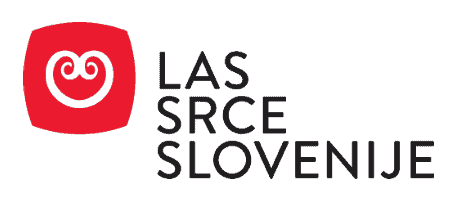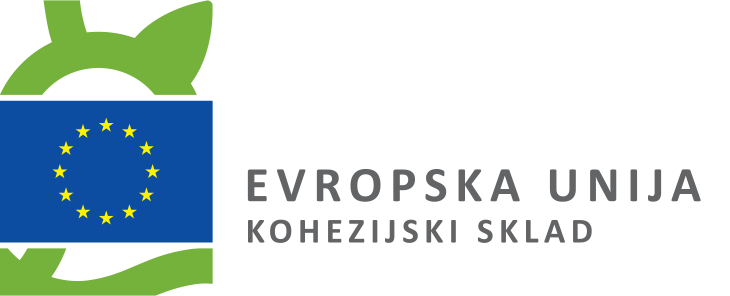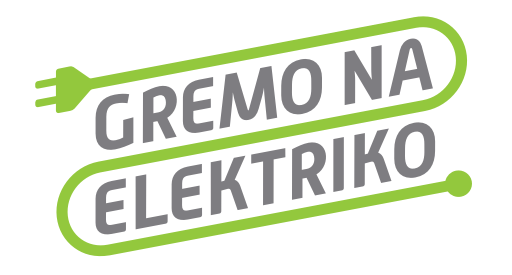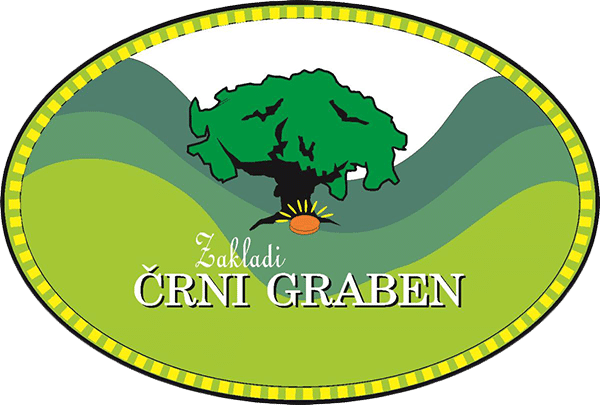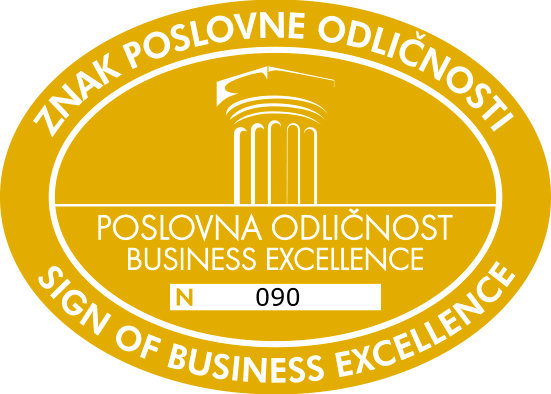1. Antika, stari rimljani, antras
Trojane so bile v različnih zgodovinskih obdobjih za večino popotnikov zelo markantna točka na poti iz
osrednje v vzhodni del ozemlja današnje Slovenije.Že v antičnih časih so si stari Rimljani, ki so
potovali iz takratne Emone (današnje Ljubljane) v Celeio (današnje Celje), pa tudi naprej v Petovio
(današnji Ptuj), prav na kraju, kjer danes stojijo Trojane, postavili svojo vojaško in poštno postojanko.
Poimenovali so jo Atrans. Najstarejši zapis o obstoju kraja že z današnjim imenom pa sega v daljno leto 1229.
2. Avstro-ogrska monarhija, stara dunajska cesta, furmani
V času obstoja Avstro-Ogrske monarhije, še pred izgradnjo železniške proge Dunaj - Zidani most - Ljubljana - Trst,
je skozi naše kraje potekal živahen cestni promet. Cesta, ki so jo domačini poimenovali "stara dunajska cesta",
je bila speljana iz celjske smeri čez Trojane po šrnem grabnu proti Ljubljani, ter nato naprej proti Trstu.
Ob njej so iznajdljivi domačini postavili dokajšno število, za tiste čase velikih, enonadstropnih furmanskih
domov, z gostilnami v pritličju in prenočišči zgoraj, ter velikimi hlevi za konje in gospodarskimi poslopji
za tovore. Stari zapisi v katastrski mapi iz leta 1826 nam povedo, da je na Trojanah imel največ tovrstnih
poslopij Tomaž Kotnik, prednik rodbine Konšek.
3. Rodbina Konšek, prva avtobusna postaja
Izmed gostinskih objektov, ki še danes stojijo in služijo svojemu prvotnemu namenu v sklopu Gostinskega podjetja TROJANE d.d.,
se najstarejši ponaša s častitljivo letnico 1849. Na objektu, ki je uvrščen v zakladnico narodove nepremične zgodovinske
dediščine in je zato pod budnim očesom spomeniškega varstva, je ta letnica vklesana v kamnito ploščo nad vhodnimi vrati
v objekt. Zasluge za postavitev te še danes impresivne stavbe gre pripisati prvim članom rodbine Konšek. V letih 1911
do 1913 je združenje gostilničarjev, organizirano kot delniška družba, zbiralo denar, ter nato leta 1913 na Dunaju
kupilo prve tri avtobuse znamke Zaurer. Med delničarji, ki so jih šli iskat na Dunaj, je bil tudi Franc Konšek,
oče Gregorja Konška. Še istega leta sta prva dva avtobusa že pripeljala potnike na Trojane. Omenjeno združenje
gostilničarjev je vse tri avtobuse nabavilo za vzpostavitev avtobusne povezave med Ljubljano in Celjem. En avtobus
je odpeljal iz Ljubljane proti Celju, drugi pa iz Celja proti Ljubljani. Pri Konšku na Trojanah sta se oba avtobusa
ob 8.uri dopoldan srečala, ter po postanku, ki je bil namenjen osvežitvi in okrepčilu potnikov, nato nadaljevala
vsak svojo pot. Popoldan sta se oba vračala, tokrat seveda vsak v nhtmrotni smeri kot prvotno. Tretji avtobus je
bil rezervni, za primer okvare katerega od prvih dveh. Kot zanimivost dodajmo, da je v letu 1913 vožnja po takratni
makadamski cesti med Ljubljano in Celjem trajala cele tri ure.
4. Novejša zgodovina, sredina in druga polovica 20. Stoletja
Po končani 2. Svetovni vojni izvede takratna država FLRJ nacionalizacijo premoženja. Tudi rodbini Konšek ni prizaneseno.
Svoje premoženje mora z drugimi kmeti s Trojan in okolice združiti v okviru Kmetijske zadruge Trojane. Meseca julija 1959
v Kmetijski zadrugi Trojane z odprtjem gostilne "Pri Konšku" ponovno oživijo gostinsko dejavnost na Trojanah. Vodenje
gostilne zaupajo Rajki Konšek, v začetku pa je poleg nje zaposlena le še ena gostinska delavka. Ob vse gostejšem prometu
in razvijajočem se turizmu je gostišče s svojo značilno lego tik pod vrhom trojanskega klanca hitro napredovalo. K temu
je precej pripomoglo dejstvo, da je tudi cesta čez trojanski klanec v letu 1959 končno le dobila asfaltno prevleko.
Gostišče s tem dobi nov zagon za rast in razvoj. V letih 1959 in 1960 zgradi v bližini gostinskega objekta iz leta
1849 nov objekt s prenočišči za goste, tako imenovane "tujske sobe". V tem času je v gostišču zaposlenih že 18 gostinskih
delavcev. V oktobru leta 1960 se gostinska dejavnost izloči iz Kmetijske zadruge Trojane ter prične svojo samostojno
pot. To leto zato predstavlja poseben mejnik v zgodovini podjetja, saj se smatra kot leto njegove ustanovitve. Kmalu
zatem, v letu 1961, se prične najprej občasna, v letu 1962 pa že vsakodnevna izdelava in prodaja sladice, ki kasneje
postane simbol ter zaščitni znak podjetja. To je znameniti trojanski krof, znan širom po Sloveniji, pa tudi v precejšnem
delu Evrope. In za zaključek še kratek povzetek za podjetje važnejših dogodkov v zadnjem desetletju preteklega stoletja.
V letih 1992 in 1993 uprava podjetja uspešno izpelje pogajanja o denacionalizaciji po vojni odvzetega premoženja s
predstavniki rodbine Konšek. V zadovoljstvo obeh strani se pogajanja sporazumno končajo s poravnavo ter izplačilom
denarne odškodnine. Sledi še lastninsko preoblikovanje v letih 1994 do 1996. Meseca septembra 1996 je podjetje
vpisano v sodni register kot delniška družba. In v tej obliki uspešno posluje še danes.

